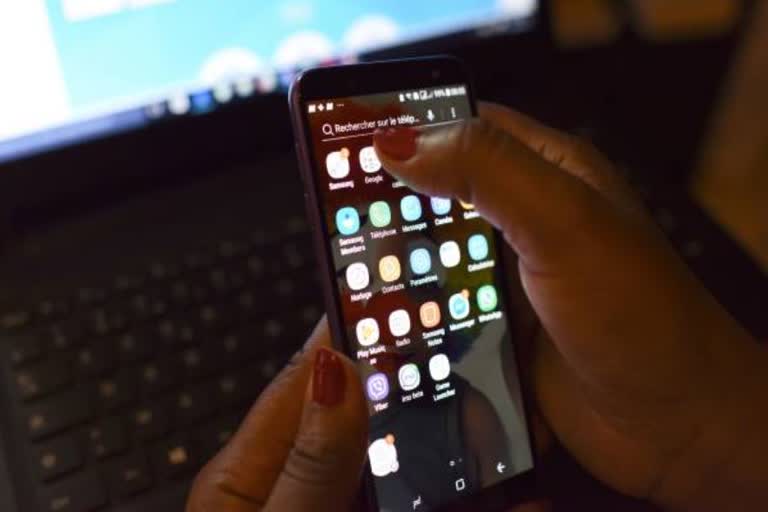New Delhi:After India directed blocking of 59 Chinese apps, some of India's top legal experts have asked what the government plans to do about hundreds and thousands of Chinese mobile phones being used by Indians and the CCTV cameras installed in both the corporate sector and the government agencies, which could potentially be transmitting data of Indians outside the country.
The IT Ministry on Monday issued an interim order to block 59 Chinese apps, including TikTok, under Section 69A of the Information Technology Act, 2000.
The apps have been directed to be banned on the grounds that they have been trying to impact the "sovereignty and integrity of India, defence of India, security of state and public order".
"Banning or blocking apps is only a starting point, not the endgame journey. A lot of steps will have to be taken. There are a huge number of Chinese mobile phones which are being used by Indians and they continue to transmit data outside India, particularly to China," Pavan Duggal, one of the nation's top cyber law experts, told IANS.
"Further a lot of Chinese CCTV cameras and other devices are installed both in corporate sectors and also in governmental agencies. Their use in terms of the collection of data and their transmission of data to China need to be reconsidered," he said, adding that India must come up with a strong cogent methodologies and process to protect Indian sovereign interest in cyberspace.
According to Virag Gupta, a lawyer who is arguing the case in Supreme Court for data localisation in India, said the decision to block 59 apps will go a long way in shaping "our future plan of action against Internet giants".
"Obviously, there will be challenges to implement this decision, but we can call it a digital surgical strike against global powers with colonial mindsets," he said.
As India is a democratic country unlike China, a party aggrieved by the government's decision can challenge the action under the current legal framework.
Once the law provides the remedy of an appeal to an affected party, the party will have to show that it is not misusing the data of Indian users, and similarly, the government will also be called upon to show what relevant material led to the conclusion that such kinds of apps impact the sovereignty, security and integrity of India, Duggal said.
Read more:India's ban on 59 Chinese apps: What lies ahead
Besides TikTok, the banned apps include SHAREit, Helo, WeChat, UC Browser and Xiaomi's Mi Community, among others.
